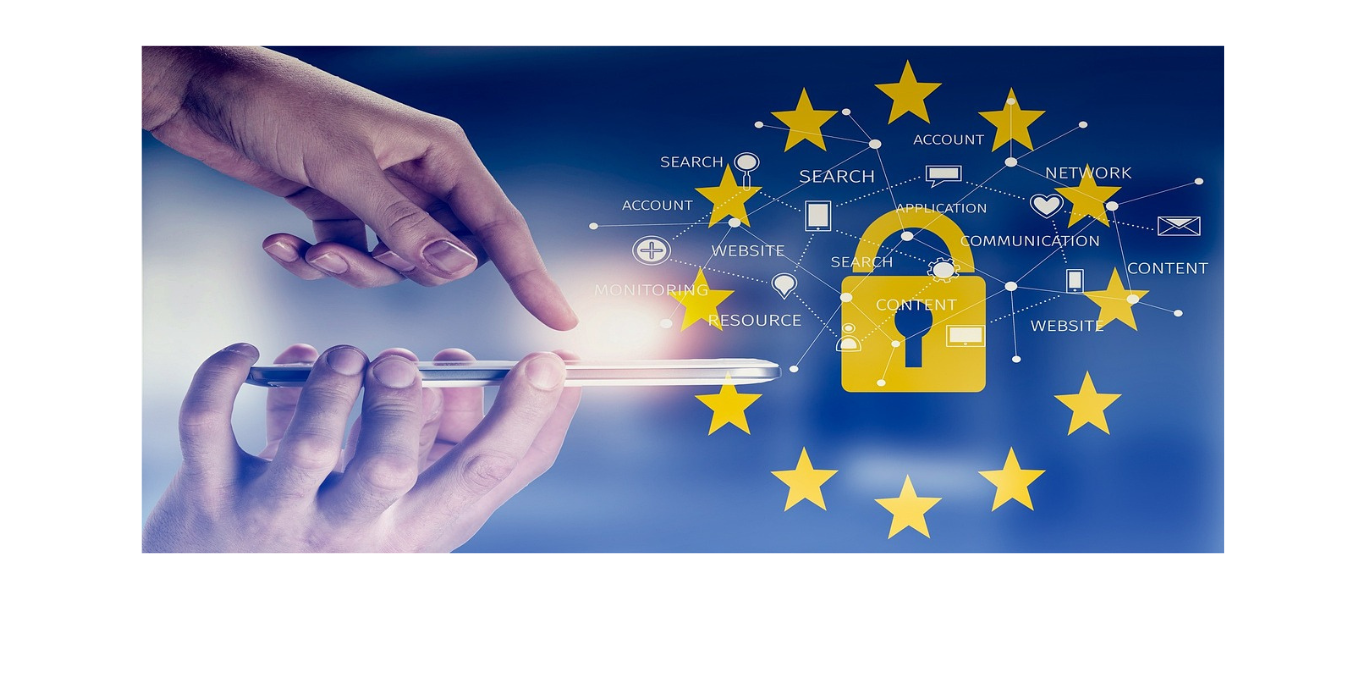Keeping data secure is an increasingly important task for businesses in this day and age. Protecting personal data, financial information, and other sensitive information from unauthorized access is essential to the success of any company. But what types of data should be protected? From understanding ‘what is a CSR’ to the more common approaches, here are some of the most important types of data that need to be protected.
1. Personal Information
Personal information is any data related to an individual, such as name, address, phone number, Social Security Number, birth date, and more. This type of data should be kept secure to protect individuals’ privacy. If personal information is leaked, it can lead to identity theft and other serious security issues like financial fraud.
2. Financial Information
For obvious reasons, data related to financial accounts and transactions need to be kept secure. Credit card numbers, bank account information, and other financial records should be encrypted and held securely. Use two-factor authentication and other security measures to protect financial information whenever possible.
3. Account Passwords
Account passwords access online accounts and services from social media to banking. Protecting account passwords from hackers who can access sensitive information if they get ahold of them is vital. Use strong passwords and change them regularly to help protect account credentials. Passwords should be at least eight characters long and include upper and lowercase letters, numbers, and symbols.
4. Health Records
Health records contain sensitive information about an individual’s medical history, such as diagnoses, treatments, and medications. These records should be kept secure to protect the privacy of patients. If medical information is leaked fraudulently, it can be used to commit insurance and medical fraud. These frauds are the most common type of healthcare fraud in the US. Healthcare organizations must adhere to HIPAA regulations that require patient data to be protected through encryption or other security measures.
5. Website Databases
Website databases store information about their users, such as usernames and passwords. If hackers can access these databases, they can gain access to user accounts, possibly leading to identity theft or financial fraud. Use advanced encryption protocols to protect website databases and the information they contain. Other security measures, such as firewalls and DDoS protection, can also be used.
6. Intellectual Property
Intellectual property is any data related to a company’s ideas, processes, or inventions. This data type should be kept secure to protect a company’s competitive advantage. Intellectual property can include patents, trade secrets, and copyrighted material, such as software or artwork. Companies should use encryption to protect their intellectual property from unauthorized access.
7. Employee Information
Employee information is any data related to a company’s employees, such as Social Security Numbers, salary information, and contact information. This data should be kept secure from hackers and other unauthorized individuals to protect employees’ privacy. Companies should use encryption, firewalls, and other security measures to protect employee data from unauthorized access.
8. Business Plans
Business plans contain sensitive information about a company’s strategies and operations, such as financial projections, research and development plans, and customer information. If this data is shared with competitors or unauthorized individuals, it can put companies at a competitive disadvantage. Companies should secure business plans with strong encryption, firewalls, and other security measures.
9. Customer Lists
Customer lists contain information about a company’s customers, such as contact information and purchase history. By understanding what is a CSR master file, companies can protect this data from unauthorized access and use. Companies should use encryption and other security measures to protect customer lists from hackers or malicious actors.
Final Thoughts
Businesses must keep data secure to protect their customers, employees, and other stakeholders. Data should be covered with encryption, firewalls, two-factor authentication, and other security measures. Companies should also regularly review their security protocols to ensure they are up-to-date and effective. By taking the appropriate actions, businesses can protect their data and prevent it from being accessed by unauthorized individuals.
Blog received on Mail from Joshua Mucci




















